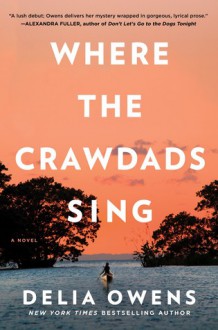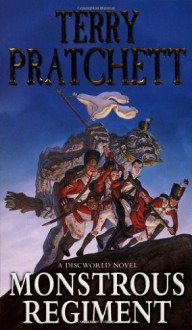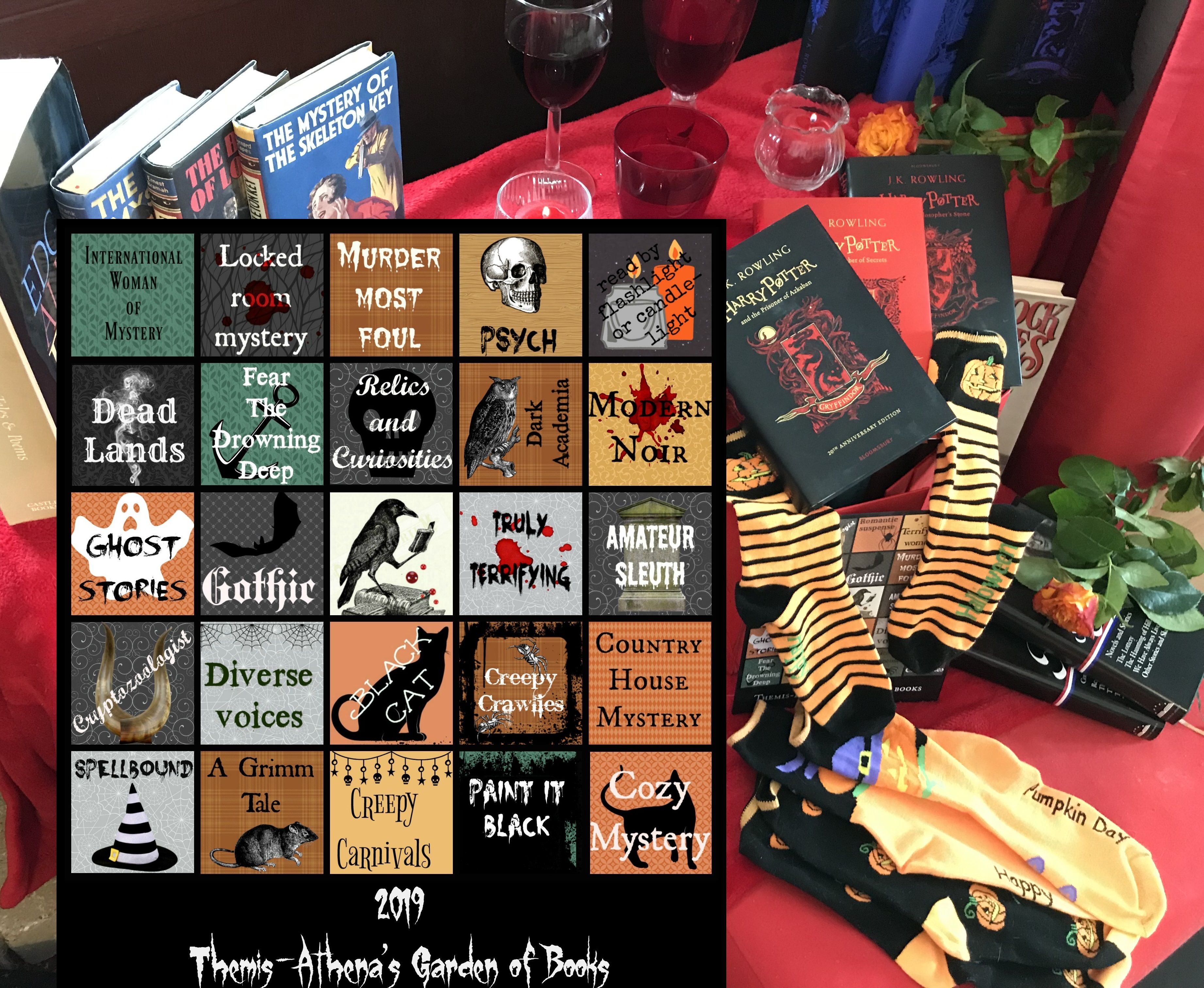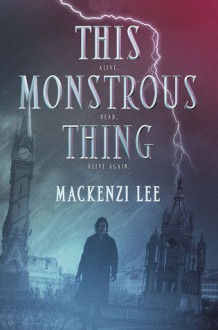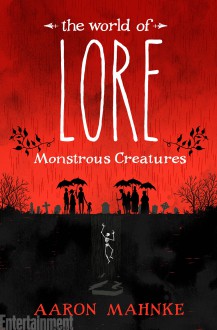The Books
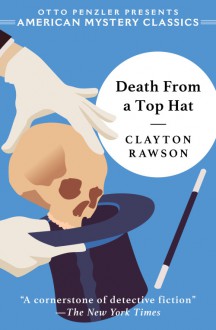
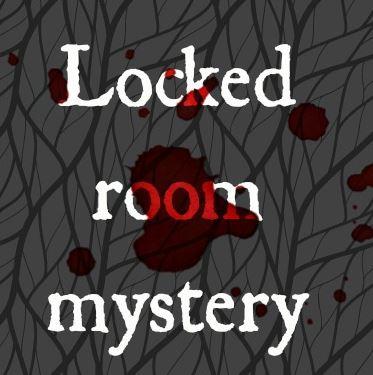
Clayton Rawson: Death from a Top Hat

My first book of the week was another excursion into the world of Golden Age mysteries; this time one set in the U.S.; the first book of Clayton Rawson's Great Merlini series, focusing on a famous magician who, instead of resting on his laurels, has opened a magic shop and, as a sideline, agrees to help the police solving crimes set in his milieu.
Like most locked room mysteries, this book is best enjoyed in print -- or if as an audiobook, at least with the print edition not too far away, as the print edition includes images of the crime scenes (yes, there are several) as well as other diagrams, all of which are darned near indispensable to following the plot, let alone trying to solve the mystery. As you'd expect in any book with a magician at its center, slights of hand, trap doors and other instances of misdirection play a huge part here, and although they are not all visual, being able to trace them on the scene of crime images helps a lot.
What I particularly enjoyed in this book, though, were its manifold hattips to virtually all the great authors and detectives of Golden Age crime fiction -- Rawson's contemporaries as well as those of prior decades. There is a long paragraph right at the beginning of the book, and many more references throughout; some (from a modern reader's POV) a bit veiled, some less so -- although doublessly all of them would have made instant sense to Rawson's contemporary readers. Rawson truly treasured the great mystery authors of his own time, and in turn, John Dickson Carr considered him one of the masters of the locked room genre and one of the six best mystery writers of the era: One may or may not agree with the second part of that compliment, but there is no doubt about the truth of the first part, and I am glad that, once more, Martin Edwards (in his two nonfiction books on the Golden Age) and Otto Penzler (by republishing this particular book) have collectively brought him to my attention.


Delia Owens: Where the Crawdads Sing

A wonderfully atmospheric book set in the marshes on the North Carolina coast; the story of Kya Clark, who is successively abandoned by her entire family while still a child, manages to survive in the derelict family home with the help of a few well-meaning friends, autodidactically (though jump-started by a former friend of her elder brother's, who eventually becomes her friend as well) turns herself into a marshland biologist, ecologist and science writer of considerable renown -- and yet finally has to face up to her community's lifelong prejudice arising from her unusual lifestyle, over an accusation with potentially catastrophic consequences.
The bulk of the book is told in two parallel timelines; one following Kya from childhood to adult life; the other set during her young adult age and dealing with the event that will eventually threaten to bring her very life and existence under threat. (It is at this latter point that both timelines merge into one.) Kya is a heroine impossible not to root for, and Owens's writing, particularly in the first half of the book, is richly lyrical and emotive (without ever overstepping the boundaries towards facile emotionality), taking you right into the Carolina marshes, and into Kya's person. In the second part, I could have done with a somewhat less extensive exploration of the courtroom scenario -- which may sound weird, coming from me, as I do enjoy courtroom scenes a lot in mysteries (and of course courtrooms also feature rather largely in my day job); however, even though Owens was obviously using the sterile, formalistic operations of the state justice system as a deliberately jarring contrast with the freedom of Kya's life in the marshes and her intimacy with nature, I felt that part of the book could have done with a bit of streamlining. Overall, though, this was a wonderful discovery and definitely one of the highlights among this year's bingo reads.


Terry Pratchett: Monstrous Regiment

I had initially been planning to read Terry Pratchett's Pyramids (also the Discworld group's October group read) for this square, but given that I was ready for the square before October had rolled around and I still want to do the Discworld group read in any event, a quick switch to another one of Pratchett's (de facto) standalone Discworld novels was called for; the justification for being applied to the "Deadlands" square being provided, in this particular instance, by a vampire named Maladict (who has managed to switch his craving for blood into a craving for coffee) and a few, albeit minor appearances by Ankh-Morpork Night Watch member Reg Shoe, who is a zombie.
As the title indicates,
Monstrous Regiment is an exploration of the role of women and their fitness for positions within the official power structure of the state; and Pratchett wouldn't be Pratchett if he didn't take the phrase literally and set the whole thing in the context of the military -- and not in peace time either, but in war. (John Knox's original treatise, from whose title the book's name derives --
The First Blast of the Trumpet against the monstrous regiment of Women -- was a polemic against female monarchs.) Moreover, it also served as a fitting run-up to my final bingo books,
Margaret Atwood's Gilead duology (The Handmaid's Tale and The Testaments), as the core of the action is set in a country that is modeled on countries with an extremely restrictive, religion-based attitude towards women ... as well as the warmongering craze of the Nazis. As a satirical exploration of society and what makes it tick, it isn't quite as polished and on point as
Guards! Guards! (which I only read last week), but that is really nitpicking -- it's still easily one of Terry Pratchett's best offerings ... outside the
Witches subseries, that is.



Margaret Atwood: The Handmaid's Tale and The Testaments

See separate post HERE.


 Log in with Facebook
Log in with Facebook 

